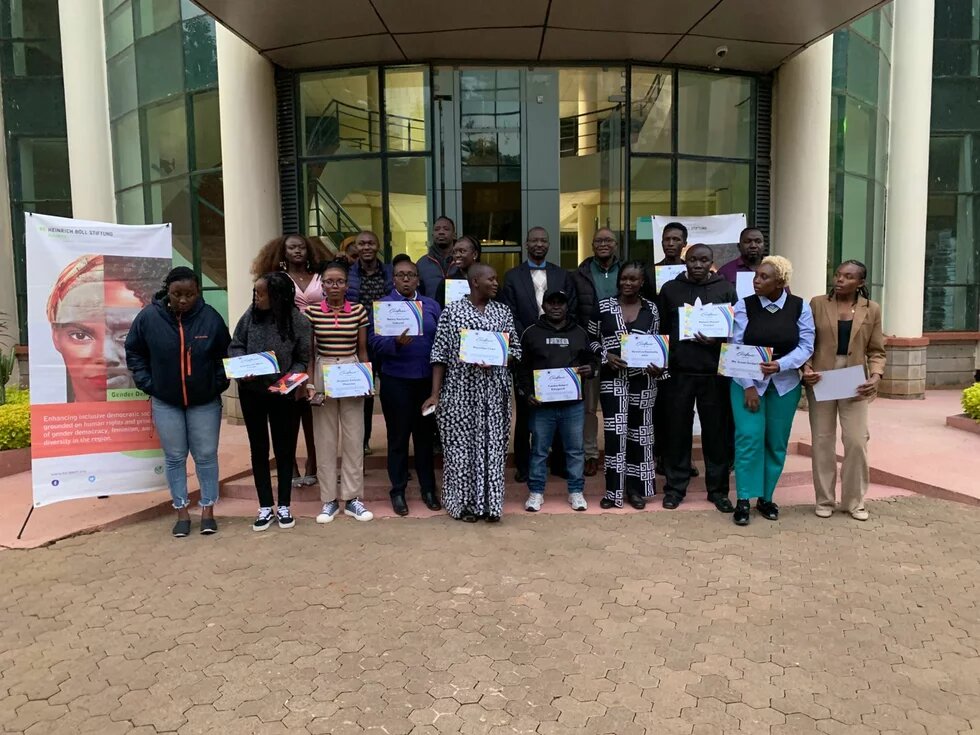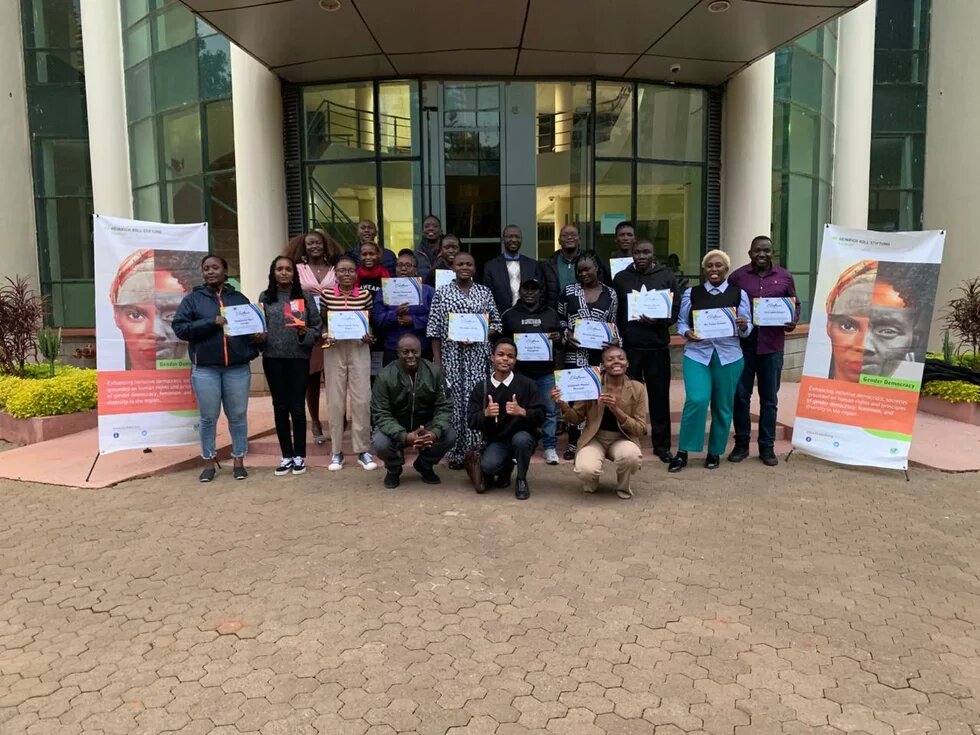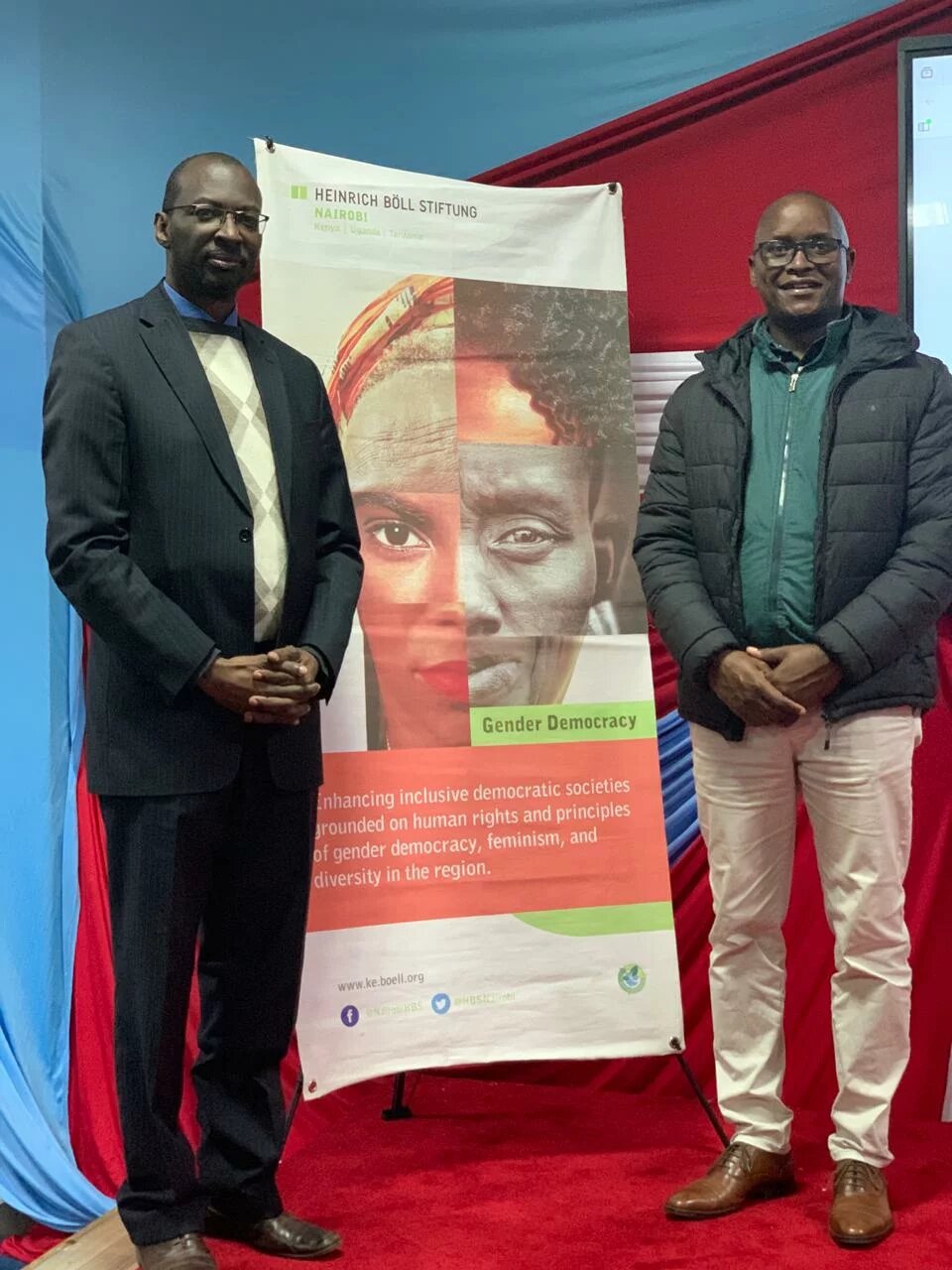
Discourse on sexual and gender minorities’ rights is often flooded with misinformation, particularly from its critics. This is evident through the perpetuation of misleading narratives, such as the description of queerness as going against African culture.

Discourse on sexual and gender minorities' rights is often flooded with misinformation, particularly from its critics. This is evident through the perpetuation of misleading narratives such as the description of queerness as going against African culture. That, coupled with structural and societal norms, hinders queer persons' understanding and navigation of African history, spirituality and health, both sexual and mental.
Queer advocacy in Kenya continues to work towards changing the status quo and promoting sexual and gender diversity. The attainment of such a goal requires effective dialogue and institutional reforms. Education is among the many pivotal sectors needed to reshape the current landscape. Leveraging the education sector to incorporate Sexual and gender minorities’ issues would go a long way in advocating for LGBTQI+ rights. This draws from the fact that it can help challenge disinformation and build a more inclusive and understanding society.
Disinformation has dramatically contributed to the hostility that the queer community faces. The need to neutralise the pervasive disinformation through providing factual, context-specific education is essential. This is so, considering that misinformed beliefs, rather than outright malice, are a significant barrier to acceptance.
In collaboration with our partner, Eagles for Life, we developed the Jifunze Program, a Sexual Orientation, Gender Identity and Sex characteristics (SOGIESC) short course. It is a transformative learning initiative designed to equip changemakers with the knowledge, skills and tools to promote inclusion and create safe, affirming spaces for individuals of diverse sexual orientation and gender identity.
The pilot testing of the program took place at Chuka University, it drew a diverse pool of participants including human rights defenders, faith-based actors, educators, legal advocates, LGBTIQ+ persons, allies, healthcare providers and students. The course content is structured across five modules: African Culture and Sexual Diversity, Law and Policy, Religion and SOGIESC Inclusion, Philosophical, Ethical Foundations and Leadership in Advocacy and Reproductive Health Rights and Mental Health Rights for Gender and Sexual Minorities.
The sessions highlighted the importance of dialogue in neutralising polarisation. The need to leverage the formal education sector as a neutral platform successfully brought together traditionally polarised groups, including religious leaders and human rights defenders. The pilot testing proved that constructive, multi-stakeholder dialogue is achievable and helpful in de-escalating friction between different groups.
The growing anti-human rights movement threatens to roll back some of the achievements that have been made in LGBTQ+ rights. The Uganda Anti Homosexuality Act, the revival of talks on the Family Protection Bill in Kenya and the outlawing of homosexual acts in Burkina Faso, among others, are part of a concerning trend that is adversely affecting the LGBTQ+ community. While the immediate threat is human rights-focused, this alarming trend ignores the significant cost of exclusion.
The economic case for LGBTQ+ inclusion is equally compelling. More inclusive policies and laws stand to benefit the country as a whole. Open for Business, reports dubbed ‘‘The Economic Case for LGBTQ+ Inclusion in East Africa’’ that GDP growth aligns with LGBTQ+ rights and inclusion. It is estimated that discrimination against LGBTQ+ populations is costing East African economies up to USD 5 billion annually. Therefore, initiatives like a SOGIESC curriculum will address social prejudice and also contribute to unlocking economic potential.
The prospects of the inclusion of an SOGIE curriculum into the Kenyan formal education sector would be a monumental stepping stone. It is an excellent addition to the efforts to change the status quo concerning the LGBTQI+ Community. It is worth noting that its inclusion would undoubtedly provoke a reaction , given the current legal and social climate; however, this should not be the case. It should be viewed as an opportunity to address common criticisms and controversies, and facilitate safe spaces for open discussion and accurate information. Ultimately, it is about creating spaces where everyone feels seen, respected and valued.
This piece was written by Antony Chuma, an intern for the Gender Justice component.
